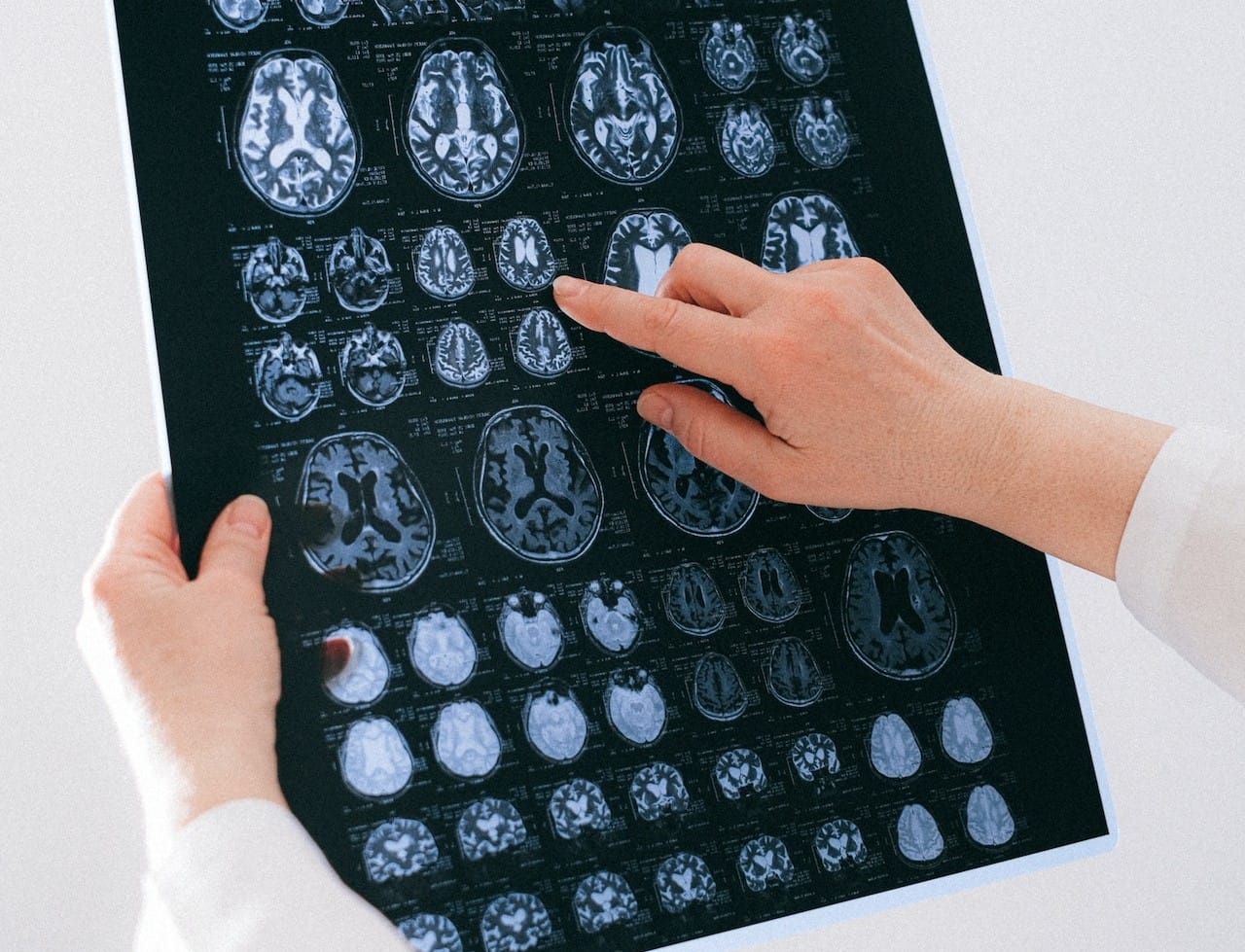Brain injuries, a topic often brushed aside until it becomes a part of someone’s reality. The complexities of the human brain make it vulnerable to various accidents and incidents that can have profound effects on one’s life. In this article, we will delve into the intricacies of understanding the causes and risk factors associated with brain injuries, shedding light on the importance of awareness and prevention.
What Are the Causes of Brain Injuries?
The Unexpected Turns of Life
Life has an uncanny way of surprising us, and unfortunately, not all surprises are pleasant. Accidents, often unforeseen and sudden, stand out as one of the leading causes of brain injuries. From car crashes to falls, the impact on the head can result in trauma to the delicate structures of the brain, causing injuries that range from mild concussions to severe, life-altering damage.
Sports and Recreational Activities
Engaging in sports and recreational activities is a fantastic way to stay active and healthy, but it does come with its share of risks. High-impact sports like football, soccer, and boxing can expose individuals to head injuries. Even seemingly harmless activities like cycling or skateboarding can turn hazardous when safety precautions are neglected.
Assaults and Violence
In an unfortunate turn of events, intentional harm can lead to severe brain injuries. Assaults, whether physical or involving weapons, pose a significant risk. The force applied to the head during such incidents can result in trauma that affects the brain’s normal functioning.
Workplace Hazards
For many, the workplace is a second home. However, it can also be a place where accidents happen. Industries involving heavy machinery, construction, or tasks at heights increase the risk of head injuries. Lack of proper safety measures and training can amplify these risks, underscoring the importance of prioritising workplace safety.
Medical Complications
While undergoing medical treatments, certain complications may arise, putting individuals at risk of brain injuries. Anaesthesia-related issues, surgical mishaps, or adverse reactions to medications can lead to unforeseen consequences, emphasising the need for careful monitoring and precautionary measures in medical settings.
What Makes a Brain Injury Worse?
Delayed Medical Attention
Timing is crucial when it comes to treating brain injuries. Delayed medical attention can exacerbate the severity of the injury, leading to long-term consequences. Whether it’s a mild concussion or a more severe traumatic brain injury (TBI), seeking prompt medical care is imperative for a better prognosis.
Multiple Injuries
A single incident can result in multiple injuries, amplifying the overall impact on the body and the brain. When a person sustains injuries to other parts of the body along with a head injury, the complexity of the situation increases. The interconnectedness of bodily functions means that addressing all injuries promptly is vital to prevent further complications.
Pre-existing Health Conditions
Individuals with pre-existing health conditions may be more susceptible to severe consequences following a brain injury. Conditions such as diabetes, hypertension, or neurological disorders can complicate the recovery process and potentially worsen the outcome. It is crucial for healthcare professionals to consider these factors when developing treatment plans.
Lack of Rehabilitation and Support
Recovery from a brain injury often involves comprehensive rehabilitation. The absence of appropriate rehabilitation and support can hinder the recovery process, leading to long-term challenges in cognitive, emotional, and physical domains. Support from healthcare professionals, family, and friends plays a pivotal role in the overall well-being of individuals recovering from brain injuries.

Mitigating Risks: A Holistic Approach
Understanding the causes and risk factors of brain injuries is the first step towards prevention. Adopting a holistic approach involves addressing these risks through awareness, education, and proactive measures.
Promoting Safety Measures
In various aspects of life, promoting safety measures is key to preventing brain injuries. From wearing helmets during sports activities to implementing stringent safety protocols in workplaces, proactive measures can significantly reduce the incidence of head injuries.
Fostering Awareness and Education
Raising awareness about the causes and risk factors of brain injuries is crucial for building a safer society. Educational campaigns targeting schools, workplaces, and communities can empower individuals with knowledge, promoting a culture of safety and prevention.
Advocating for Policy Changes
Policy changes at societal and organisational levels can contribute to minimising the risk of brain injuries. Implementing and enforcing safety regulations, especially in high-risk industries and activities, can create a safer environment for everyone.
Prioritising Mental Health
Addressing mental health is an integral part of preventing and managing brain injuries. Stress, anxiety, and depression can impact cognitive functions and increase the vulnerability to injuries. By prioritising mental health support and reducing stigma, we create a foundation for overall well-being.
Making a Serious Injury Claim with National Claims
Navigating the aftermath of a brain injury can be overwhelming, and seeking compensation is often a crucial step in the recovery process. At National Claims, we understand the challenges faced by individuals dealing with the consequences of brain injuries. Our dedicated team is committed to providing support and guidance throughout the claims process, ensuring that individuals receive the compensation they deserve.
Whether the injury occurred due to an accident, workplace incident, or medical negligence, National Claims is here to advocate for your rights, We will connect you with a solicitor from our panel who will be able to assess your case.
Conclusion
In conclusion, understanding the causes and risk factors of brain injuries is not only about awareness but also about taking proactive steps to mitigate these risks. By fostering a culture of safety, promoting education, and advocating for policy changes, we can collectively work towards creating a world where the impact of brain injuries is minimised, and individuals can lead healthier, safer lives.
Remember, knowledge is power, and in this case, it’s the power to protect ourselves and those we care about from the often devastating consequences of brain injuries.
Contact us today to find out more about how we deal with brain injuries and speak to one of our claims agents who will help you get started with your claim.
Click below to see why we are one of the most trusted claims management companies in the UK.

We’re proud of our excellent customer reviews
We thrive on delivering exceptional service and ensuring our clients’ satisfaction. Don’t just take our word for it. Check out some of our independent reviews to see what our clients have to say.
Excellent

This firm is excellent, they sorted out my car pay out and injury claim very fast, they always communicate with you all the time.

My accident case was dealt with confidence and with great result of the outcome, especially James kept me informed all the time.

I was very impressed at the way my inquiry was treated. I was listened to attentively and everything I needed to know was explained to me.






